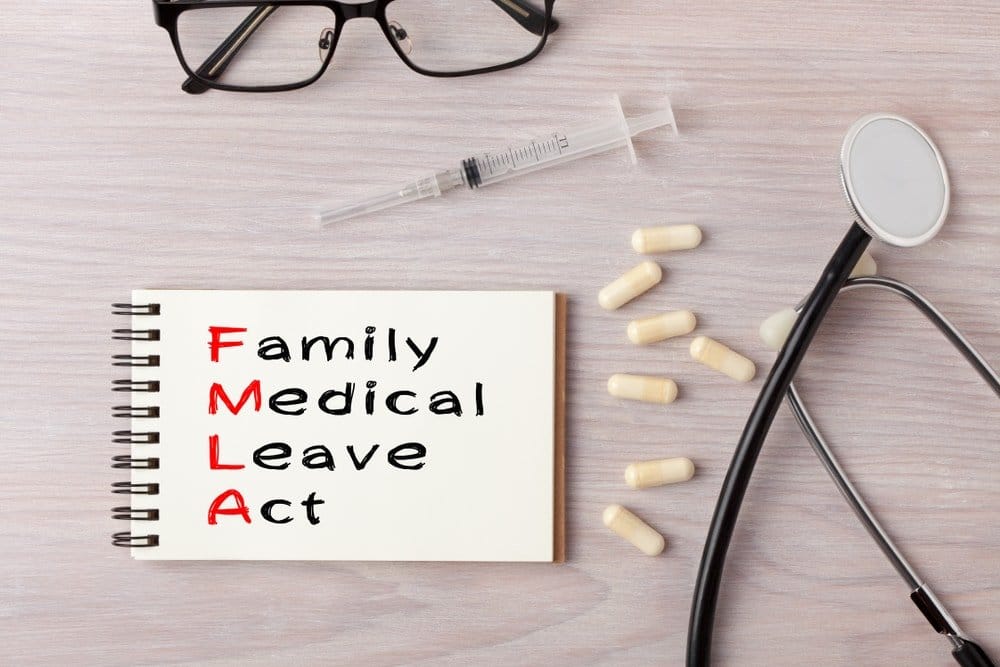“I can’t leave work to go to rehab!”
If you’ve used this excuse to delay getting help for drug abuse, then you aren’t alone.
It’s normal to worry about job security and paying your expenses. But it’s not a reason to delay rehab.
There are options available to help you balance recovery with your responsibilities. Here’s what you should know about working during rehab:
Can I Get My Job Back After Rehab?
There’s no reason you need to quit your job to attend rehab. In many cases, you can take medical leave or other protected time off. That allows you to come back to work after rehab is over.
Do I Have the Right to Keep My Job During Rehab?
You have the right to keep your job during rehab if you meet the conditions for certain job protection acts.
Full disclosure is important. You may lose the right to keep your job if you aren’t honest with your employer.
Americans with Disabilities Act (ADA)
The Americans with Disabilities Act (ADA) protects employment for people who have disabilities. Substance abuse disorders can be considered a disability if your doctor says your condition is disabling.
To meet the conditions for ADA, you must:
- Work for an employer who has 15+ employees
- Tell your employer about your drug problem before they confront or test you. The ADA is conditional on you being the one who starts the conversation.
- Enroll in a drug rehab program
- Abstain from using substances on your own time or at work
You might be disqualified if you use drugs on the job, if you don’t tell your employer about your drug use first, or if addiction impairs your work performance.
Family and Medical Leave of Absence Act (FMLA)
The Family and Medical Leave of Absence Act (FMLA) allows you to take 12 months of leave per year if you:
- Work for a company that has at least 50 employees in a 75-mile radius
- Have worked for the company at least 12 months
- Have worked at least 1250 hours in 12 months
To qualify, your substance abuse disorder needs to be considered a serious health condition. You also need a referral to treatment from your doctor.
Not all employers are subject to FMLA. Check with your employer to see if they are required to follow FMLA.
What if I Don’t Qualify for ADA or FMLA?
If you don’t qualify for ADA or FMLA, you should still talk to your employer before taking leave for drug treatment.
Some employers have company-specific policies around health leave. This could be an option even if you don’t qualify for job protection otherwise.
If that’s not an option, then outpatient treatment while attending work may be an option. This depends on your substance abuse condition and your employer.
How Should I Tell My Employer?
It’s important that you are honest with your employer about your situation. Hiding your drug addiction can cause fallout when your employer finds out. If your employer finds out about your drug use by chance, it could disqualify you from job protection.
As soon as you know you’re going to pursue treatment, talk to your employer. They can help you navigate ADA or FMLA. They can also help figure out what documentation you need, such as referrals.
The earlier your employer knows, the better they can help you keep your job.
How to Prepare for Addiction Treatment
You can make the transition easier on yourself by doing the pre-work required for a successful treatment. You should:
- Find out if you need to go to detox: Detox is usually the first step. But not all treatment centers offer detox, so check with yours first. You may need to attend a separate detox program.
- Deal with logistics so you won’t have to while in treatment: You don’t want to worry about bills or responsibilities while you’re in treatment. Set up bills on auto-pay and ask a family member or loved one to help with anything you can’t automate.
- Spend time with the people you love: Remind yourself why you’re going to rehab. Addiction hurts you but it also hurts your relationships and your loved ones. Put your support system first in the days before you leave. You need the support and so do they.
- Let go of everything that reminds you of home: Rehab is about focusing on change. You can’t focus fully if you’re in a room surrounded by relics of home. Bring what you need and not much else. You won’t need the distractions.
Get Treatment for Drug Abuse
Ready to get treatment for drug abuse? There are options available to you whether you qualify for job protection or not.
- Outpatient treatment options let you keep working while you attend treatment. This kind of treatment usually includes daily appointments and regular drug tests. You might take medication to control opioid or alcohol cravings. Outpatient therapy appointments are common.
- Inpatient treatment options give you an immersive environment so you can focus on treatment and nothing else. You’ll have a structured day that includes many activities to keep your mind on recovery. You can also expect talk therapy and group therapy.
Now that you know you can attend rehab without losing your job, what are you waiting for? The best time to get treatment is now. Call Northeast Addictions Treatment Center today to schedule your appointment!


